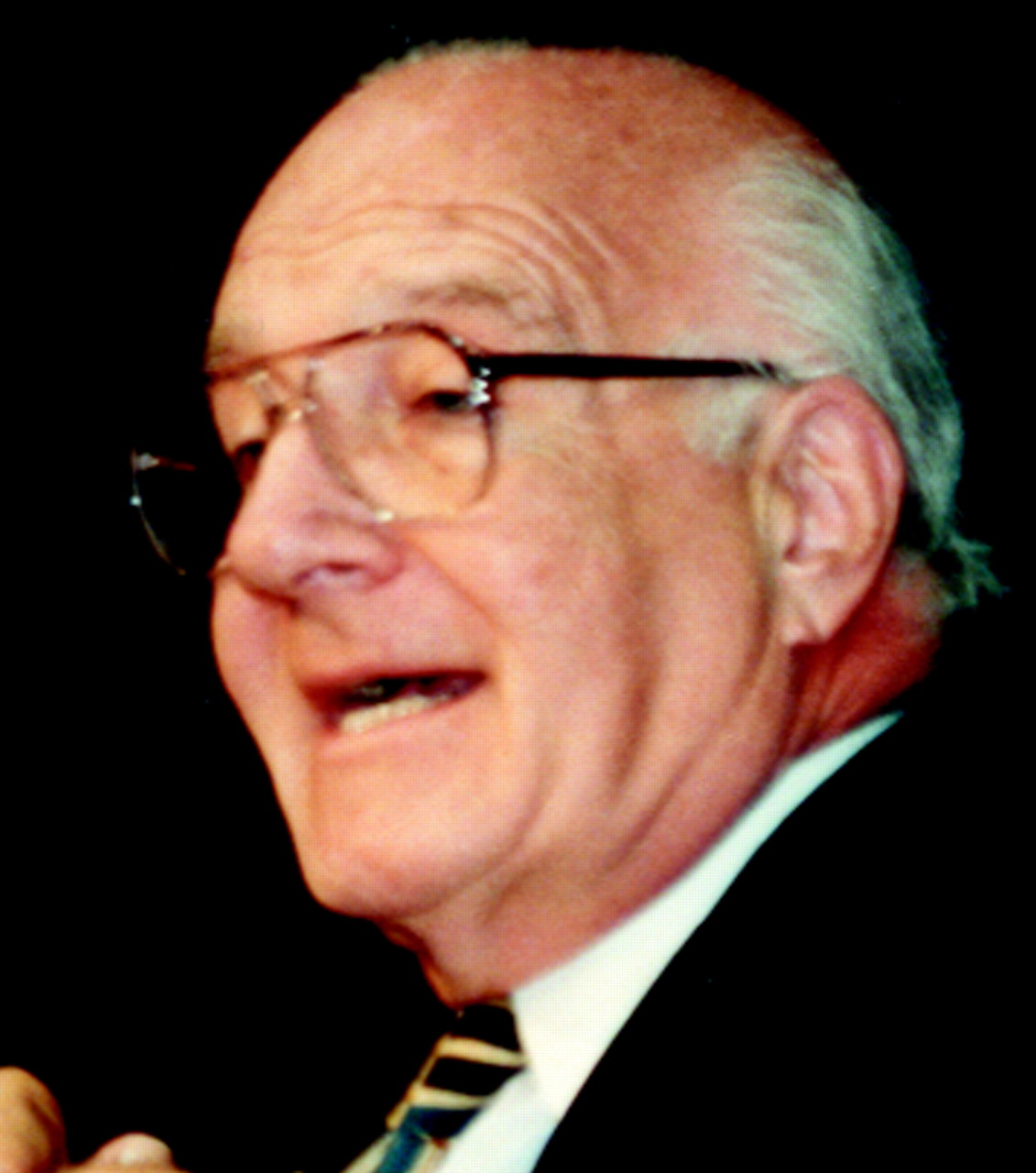Problems with violence, gaps in insurance coverage, and access to care emerged in a dialogue between youth with mental illness and a group of attentive psychiatrists (
see story above).
The group convened in Atlanta to discuss how to improve mental health care for children and adolescents with mental illness for the Carter Center’s 17th Annual Rosalynn Carter Symposium. This year’s theme was “Youth in Crisis—Uniting for Action.”
“Listening to the youths reminds me of an old saying, ‘Ask the young, for they know everything,” remarked Bernard Arons, M.D., director of the federal Center for Mental Health Services and a clinical professor of psychiatry at Georgetown University School of Medicine.
Arons sat on a panel of psychiatrists, who, on the first day of the two-day symposium, listened to four youths with mental illness speak about their experiences with peers, schools, and mental health professionals.
Addressing the youths, Arons said, “You have shown us how important it is to listen and know a great deal about what does and doesn’t work.”
Arons pointed out that the young panelists had learned to create their own support systems and echoed their concerns about the traditional avenues of mental health care. “You have told us that the conventional methods, while important, were not enough. We need to make improvements in those conventional methods.”
Arons said he thought it would be helpful if young people with mental illness had the information necessary to make informed decisions about treatment options and intervention strategies.
“You show incredible signs of resilience, heroism, bravery, and hope in your own struggles and in helping others as well,” he told the young people.
Certain themes evoked a wellspring of concern in the psychiatrists, including William Beardslee, M.D., chair of the department of psychiatry at Children’s Hospital in Boston and the Gardner Monks Professor of Child Psychiatry at Harvard Medical School.
“I resonate with how incredibly important religious faith is,” said Beardslee, who said that the benefits of organized religion and spirituality for people with mental illness are not commonly discussed among psychiatrists and mental health professionals, but probably should be. While studying youth with depression, Beardslee said that he realized that many of the young people he encountered relied on religion to cope with emotions associated with depression.
Beardslee called attention to other prominent themes that emerged in the youths’ stories, such as respect, self-help, and self-empowerment. He also said that some systemwide problems in mental health care must be addressed.
“In a country where 46 million people are uninsured,” said Beardslee, “even those who do have health insurance are not covered sufficiently for their mental health problems.”
Access to care is another problem for countless children and adolescents with mental health problems, Beardslee said, especially minorities. Many people who are members of minorities “are denied access to the mental health care system or else are being treated by practitioners who themselves are not minorities,” he said. He supports fundamental reform of the mental health system so that all people have health insurance, including coverage for mental illness.
Working with the entire family, not just with the child or adolescent who has emotional or behavioral problems, is another key to mental health care, Beardslee said.
One of the most visible signs of mental illness among youth—violence—became the focus of discussion when Paul J. Fink, M.D., reflected on what the youths had said. According to Fink, heeding warning signs that predict violence in young people and intervening properly should be a priority for psychiatrists and mental health professionals.
“Every one of the panelists said that we need to listen to them,” said Fink, chair of APA’s Task Force on Psychiatric Aspects of Violence and the Philadelphia Department of Health’s Youth Homicide Committee. “We also need to demonstrate a critical effort to love them, which we are not doing.”
Fink, a former APA president, said that many youths have endured “a lifetime deprivation in which the only cure is going to be a real, unambivalent, and positive regard—I call that love.”
Fink noted that several of the panelists spoke of being bullied by classmates in school. “Bullying is a serious problem. Thirty percent of all students claim that they are either bullied or have bullied someone,” he said. He observed that kids who are bullied can react violently, as demonstrated in several high-profile school shootings.
Bullying is just one of the three markers Fink and his colleagues on the Youth Homicide Committee identified as a predictor of youth violence, including murder. The other markers are truancy and suspension from school, according to Fink.
The group identified these markers after studying all youth who were either the perpetrators or victims of murder in Philadelphia within the past seven years. Fink and his colleagues found that youth who had murdered or been murdered had been involved in bullying and truancy, and they had been suspended on numerous occasions.
While suspension from school is intended as a punishment for youth with disciplinary problems, Fink said that just the opposite is true. “Suspensions are a reward for kids who don’t want to be in school,” he said, “not a punishment.”
Central to decreasing violent behavior among American youth are a ban on guns and the reduction of violence in the media, including movies, television programs, and video games, according to Fink.
Fink also told symposium attendees that a prerequisite to mental health in children is prevention. “We must develop good parenting skills in our community,” said Fink. “Parenting education is critical if we want to address these problems and get to kids as early as possible.” ▪

